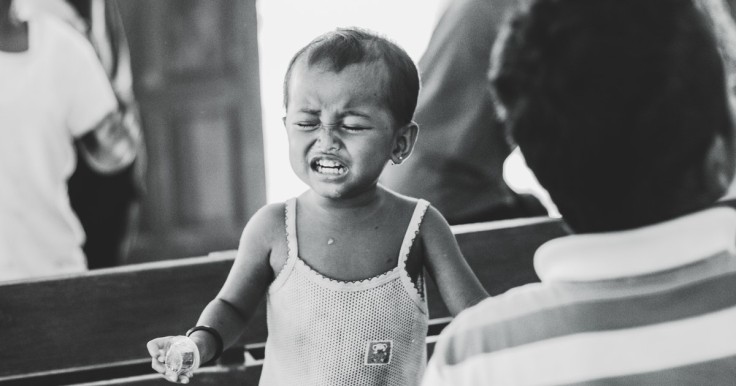
Not only is harsh parenting frowned upon by many, but recent research also shows that such parenting style can lead to children growing up with a smaller brain.
This recent research was published in Development and Psychology. The lead researcher was Sabrina Suffren, Ph.D. from Université de Montréal and the CHU Sainte-Justine Research Centre. The researchers also partnered with scholars from Stanford University.
The harsh parenting practices covered in this study were those that are considered socially acceptable in some parts of the globe.
What is harsh parenting?
There are several parenting styles. Some of these are considered helpful to the development of children.
However, harsh parenting is not considered to be one of those.
Harsh parenting practices include getting angry, hitting, yelling, or shaking children. These actions are sometimes even considered to be falling short of child abuse.
Studies related to child abuse
According to studies, child abuse (including physical and emotional) and neglect are linked to anxiety and depression later in life.
Previous studies also show that children tend to have smaller prefrontal cortexes and amygdala if they have experienced severe abuse.
These portions of the brain are responsible for regulating emotions and, eventually, the emergence of anxiety and depression.
Harsh parenting styles and children's brains
In the study conducted by Suffren and colleagues, they observed that the brains of adolescents who experienced harsh parenting practices tend to have decreased brain structure. That is despite the children not being subjected to any serious form of abuse.
Suffren explained, "These findings are both significant and new. It's the first time that harsh parenting practices that fall short of serious abuse have been linked to decreased brain structure size, similar to what we see in victims of serious acts of abuse."
Although harsh parenting has long been established to cause changes in brain function, however, this study was the first to monitor and record the effect of harsh parenting on the structure of a child's brain over time.
The subject of the study
Part of the strong suit of this study is that it monitored the children who became of the study since their birth.
In the study, the researchers looked into parenting styles and child anxiety levels every year. These children are those who were between ages two o nine.
When the children reached 12 to 16 years old, their brain structures through anatomical MRIs.
Suffren noted, "Keep in mind that these children were constantly subjected to harsh parenting practices between the ages of 2 and 9. This means that differences in their brains are linked to repetitive exposure to harsh parenting practices during childhood."
This study by Suffren is the very first that explored the link between harsh parenting style, child anxieties, and brain structures.